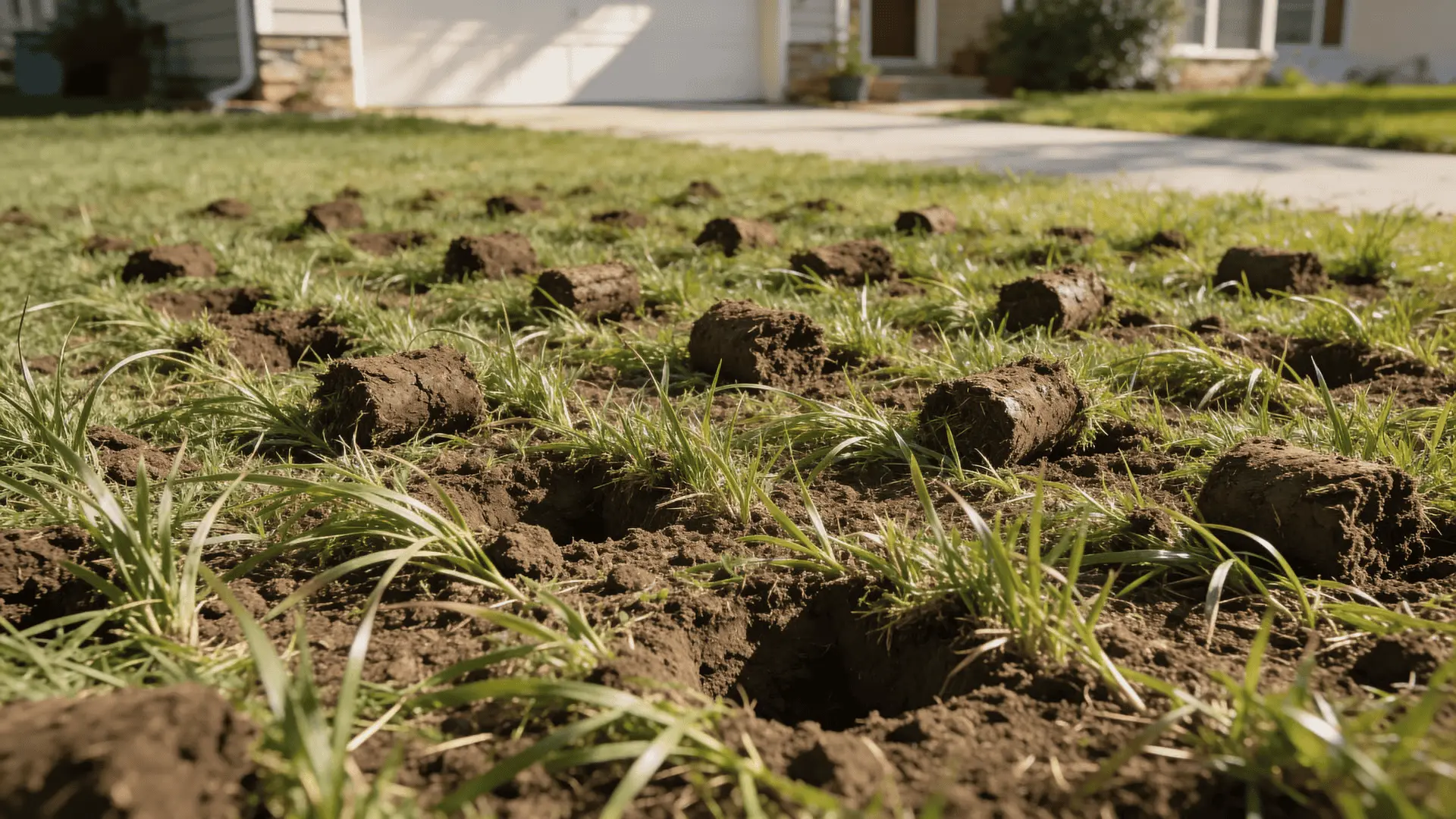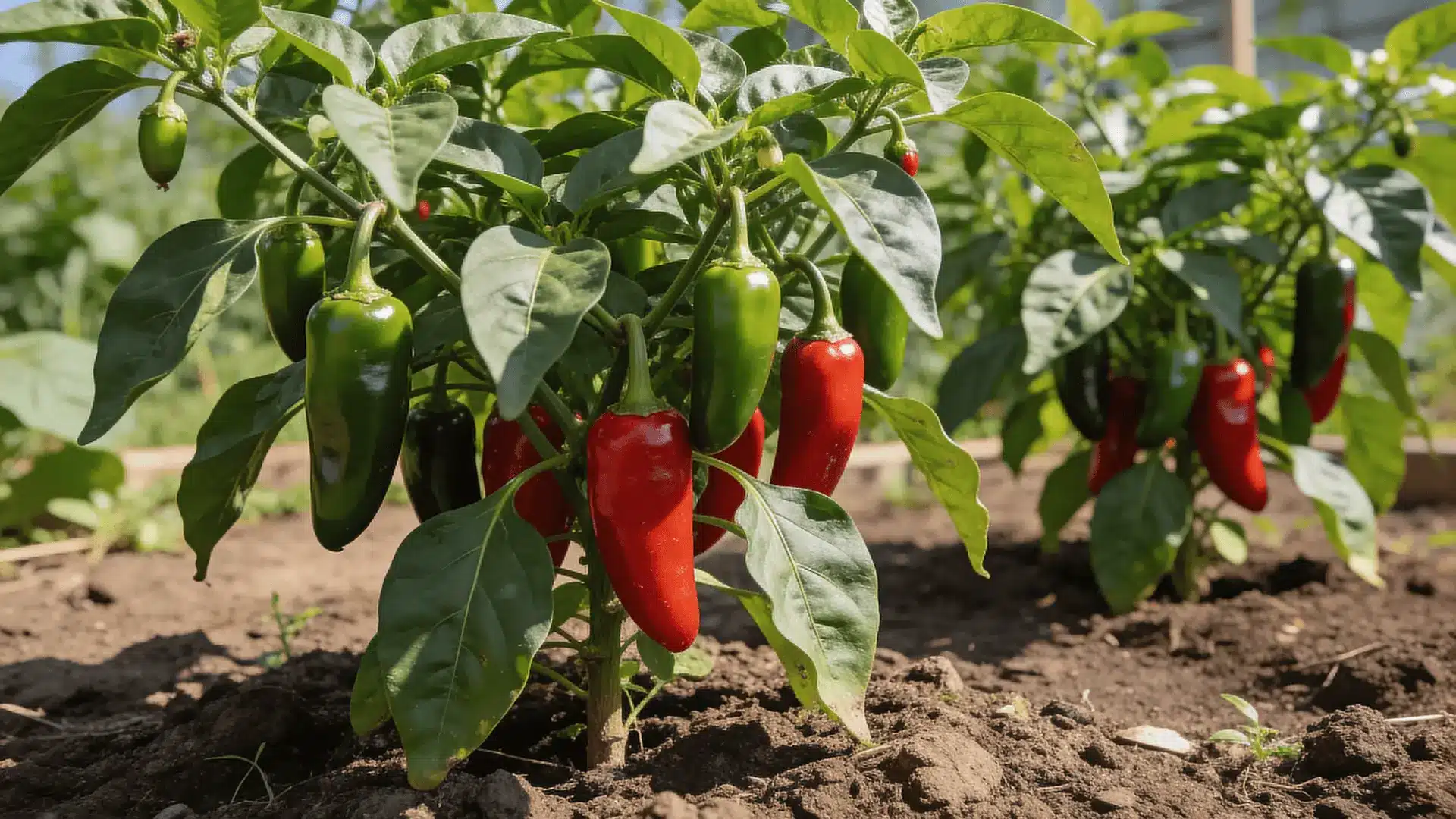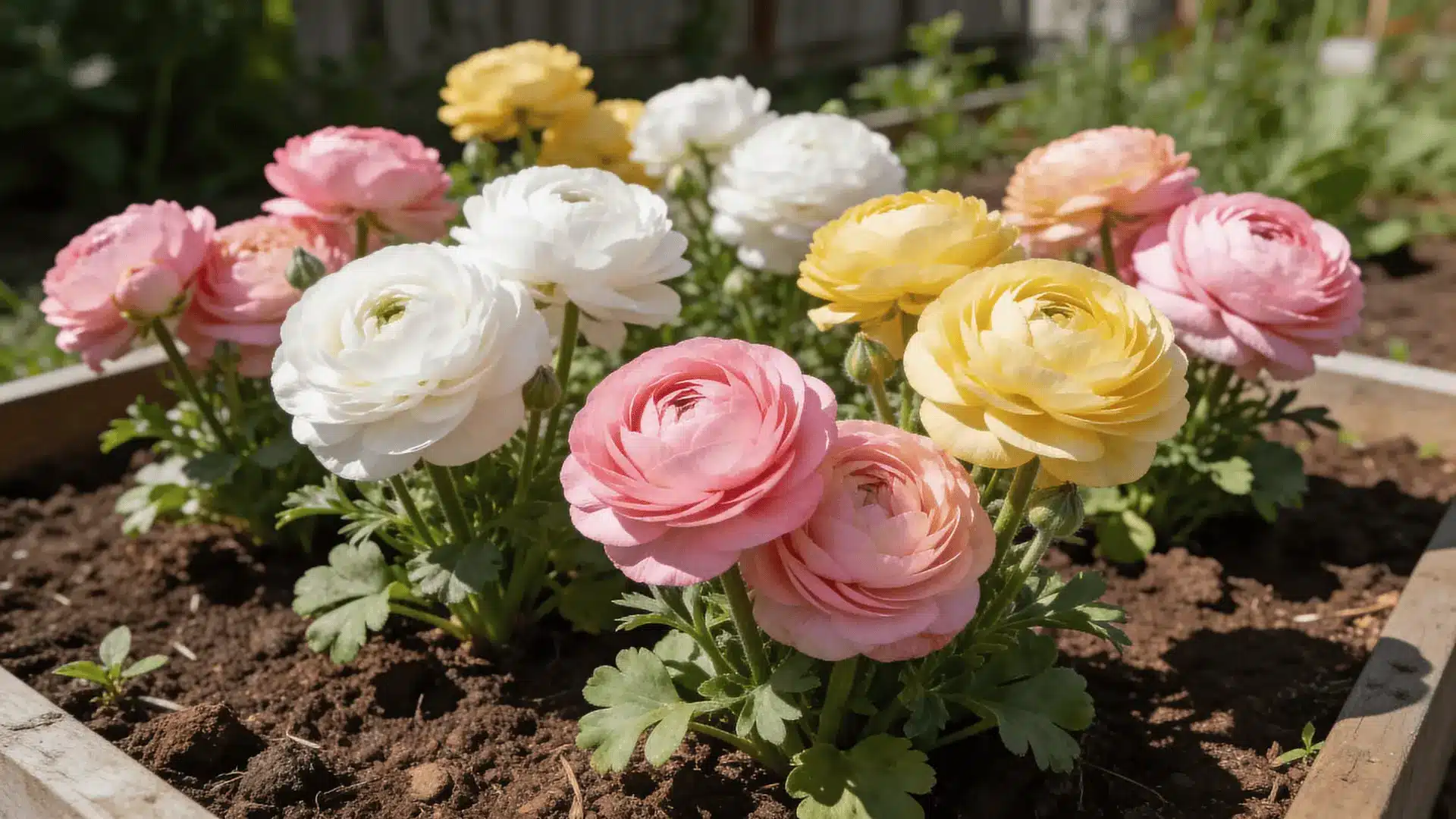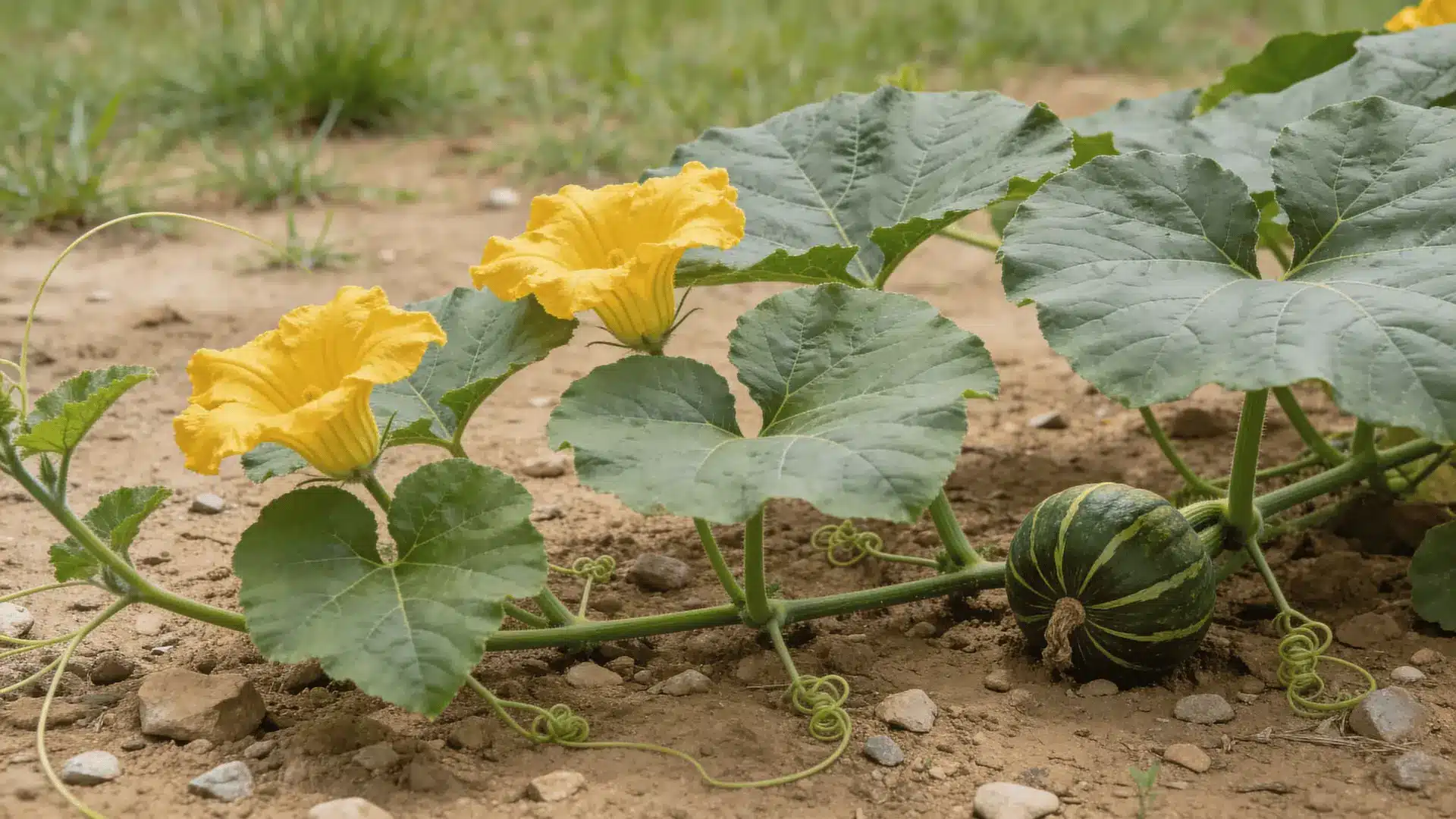Winter can be a challenging time for allotment gardeners in the UK. Shorter days, colder temperatures, and wet conditions can make it seem like your plot is slowing down or even going dormant.
However, with some careful strategies, you can keep your allotment productive and healthy throughout the colder months. Planning ahead to protect your plants from frost and choosing hardy crops are the key steps to ensure your garden survives and even thrives in winter.
In this article, we’ll provide practical tips to help your UK allotment stay productive throughout winter. From mulching and proper watering to smart use of greenhouse or cloche coverings, we’ll explain how you can create the ultimate allotment planting plan for the winter.
1. Choosing Hardy Crops That Can Withstand Cold Weather
Choosing hardy crops is one of the most important steps to keep your allotment productive during the UK winter. For instance, some vegetables, like kale, Brussels sprouts, winter cabbage, and parsnips, are naturally resilient and can survive frost and low temperatures.
These crops continue to grow slowly even in cold conditions, giving you fresh produce when other plants struggle. That’s why, when you’re selecting what to plant, you have to consider the crop’s tolerance to frost and its growing season.
Planting hardy varieties early in the autumn and providing them with some protection, such as cloches or fleece, will increase their chances of thriving throughout the winter months.
2. Preparing Soil for Winter Planting and Protection
Preparing your allotment soil for winter is essential to keep it healthy and ready for planting. You can start by clearing any old crops and weeds, which helps prevent pests and diseases.
Then, add organic matter like compost or well-rotted manure to improve the soil structure and provide nutrients for winter crops. Lightly digging or turning the soil can also help with aeration, but you should avoid overworking it when it’s wet.
Additionally, mulching with straw or leaves can protect the soil from frost and prevent it from drying out. Overall, proper soil preparation will ensure your crops have a strong foundation to grow and thrive even in winter.
3. Using Mulch and Covers to Shield Plants from Frost
Mulch and plant covers are essential tools for protecting your allotment during the cold UK winter. Mulching with straw, leaves, or compost helps insulate the soil, keeping roots warmer and retaining moisture. It also prevents frost from damaging delicate crops.
You could also use covers like horticultural fleece, cloches, or cold frames to add an extra layer of protection against frost, wind, and heavy rain. These simple measures create a mini greenhouse effect, allowing plants to survive harsh conditions.
You’ll also need to regularly check your covers to ensure they’re secure and adjust as and when needed. Together, mulch and covers can help your winter crops stay healthy and productive.
4. Watering and Feeding Strategies During the Colder Months
Even in winter, your allotment plants need water and nutrients, but their needs change in colder weather. For example, watering should be done carefully; don’t overwater them, as cold, wet soil can lead to root rot.
Early morning is the best time to water, allowing plants to absorb moisture before temperatures drop at night. Plus, feeding should focus on slow-release or organic fertilisers, which provide nutrients gradually without stressing plants.
You should also avoid high-nitrogen feeds that encourage rapid growth, as this new, soft growth is much more susceptible to damage from frost and cold weather. By adjusting your watering and feeding routines for winter, you can help your crops stay strong, healthy, and better able to withstand the cold season.
5. Planning Ahead for a Productive Spring Harvest
Winter is the perfect time to plan for a productive spring harvest on your allotment. For this, you’ll need to review which crops did well last year and decide what to grow next.
You could start preparing seed trays indoors or in a greenhouse, as it allows seedlings to get a head start before they’re planted in the allotment. Plus, planning crop rotation helps prevent soil depletion and reduces pests and diseases.
You can also mark out your allotment, decide where each crop will go, and order seeds early to avoid shortages. If you think ahead and prepare during the winter months, you’ll be able to set yourself up for an abundant and stress-free spring harvest.
To Sum Up
Winter doesn’t have to mean a dormant allotment. With the right preparation, your allotment can remain healthy and productive throughout the colder months.
Planning ahead ensures you make the most of your space and time, setting yourself up for a strong, fruitful season. By following these simple steps, you can enjoy fresh produce, maintain soil health, and keep your allotment thriving all year round, even during the UK’s chilly winter.








